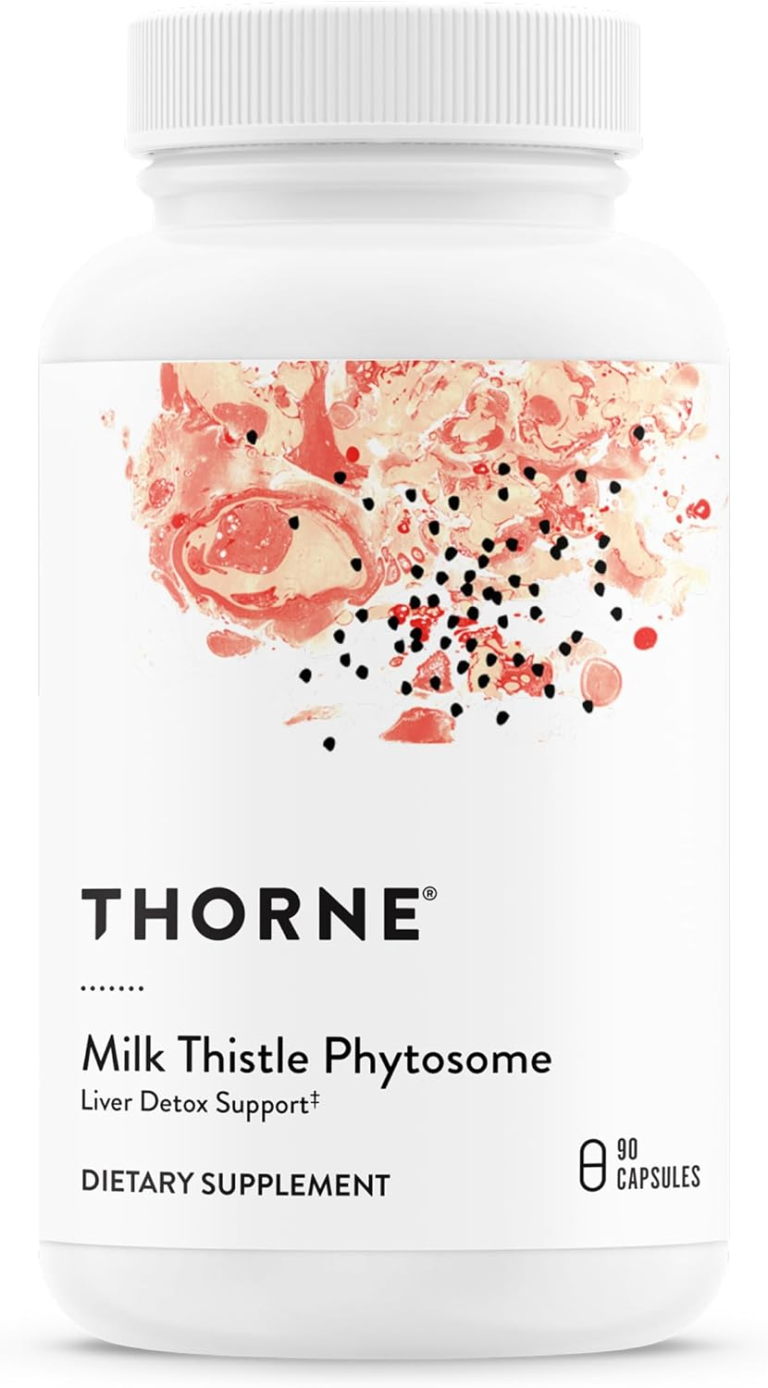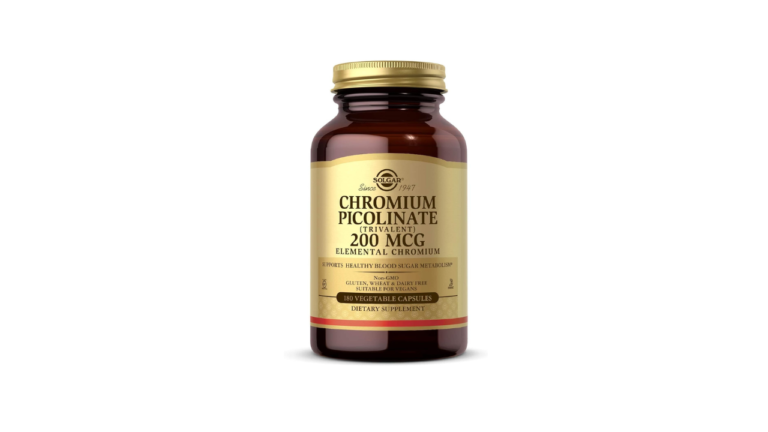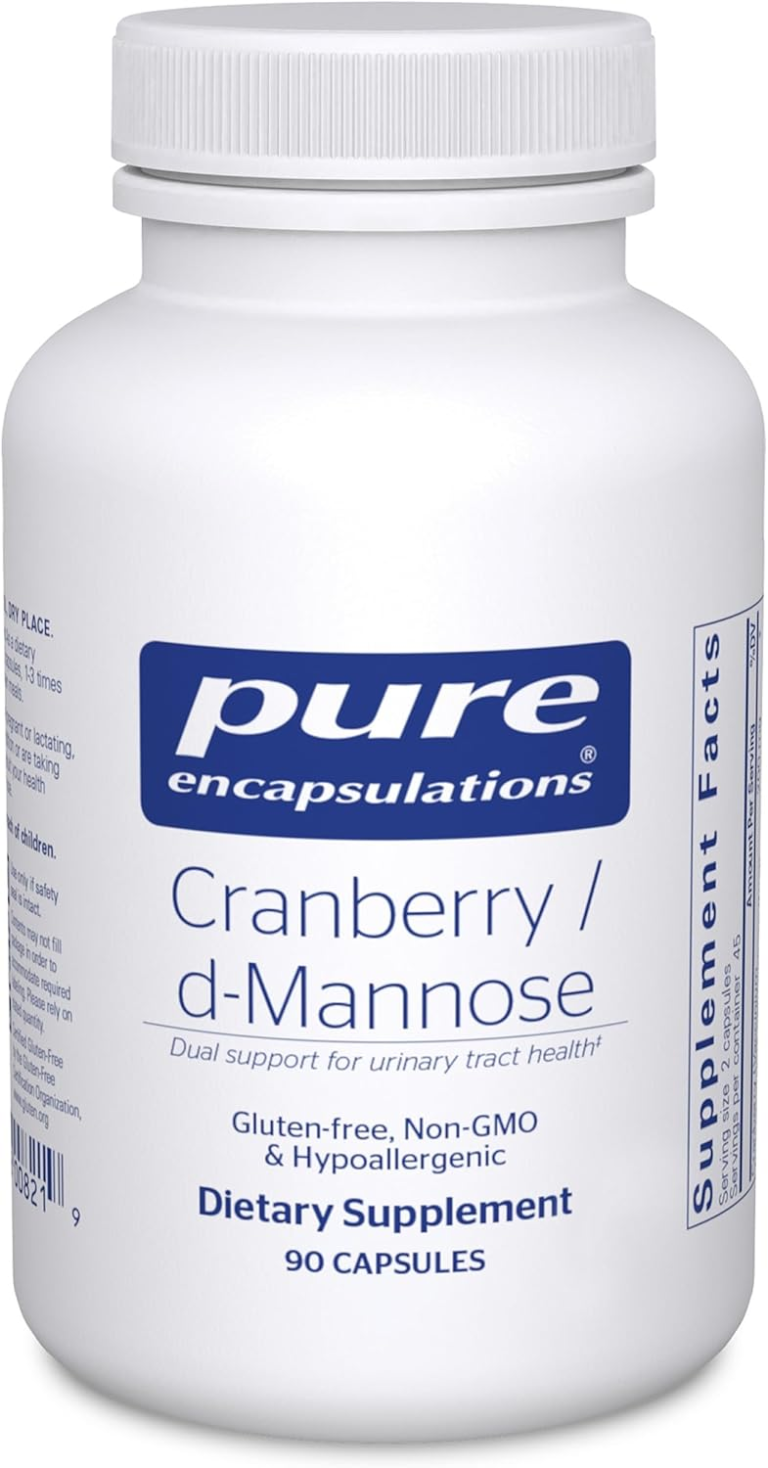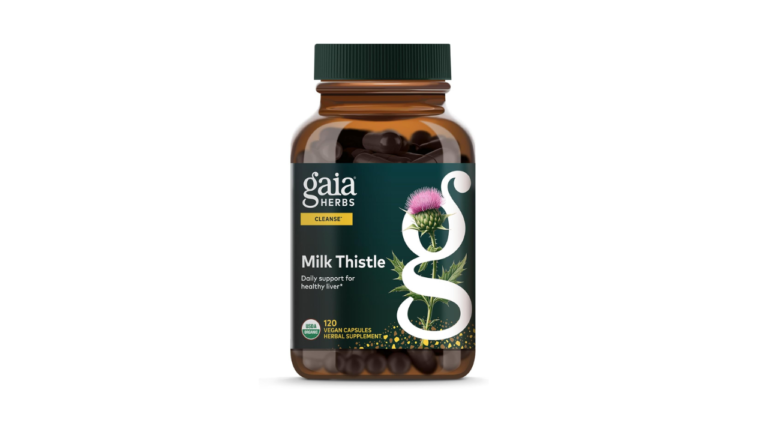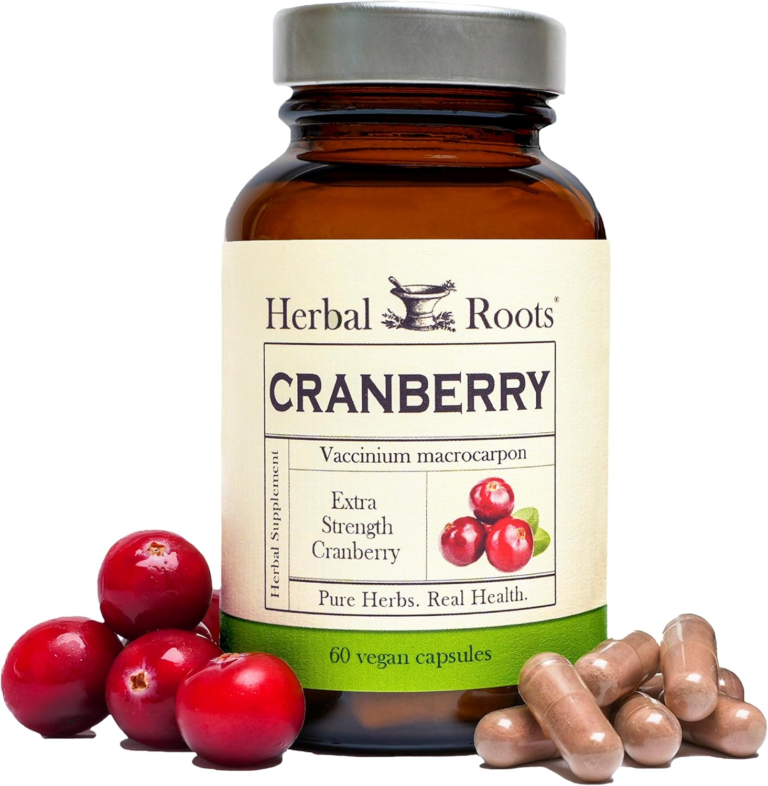7 Best Vitamins and Supplements to Boost Your Immune System
A strong immune system is essential for protecting the body against infections, viruses, and other pathogens. While a balanced diet, regular exercise, adequate sleep, and stress management are foundational for immune health, certain vitamins and supplements can provide an extra boost by supporting immune function. Below is a list of seven evidence-based vitamins and supplements that may help strengthen your immune system, based on current research and expert insights. Always consult a healthcare professional before starting any new supplement, especially if you have underlying health conditions or are taking medications.
1. Vitamin C
Vitamin C is one of the most well-known immune-supporting nutrients, acting as a powerful antioxidant that protects immune cells from damage and enhances their function.
- How It Works: Vitamin C supports the production and function of white blood cells, particularly lymphocytes and phagocytes, which help fight infections. It also strengthens the skin’s barrier function.
- Evidence: A 2017 meta-analysis in Nutrients found that vitamin C supplementation (1–2 g/day) reduced the duration and severity of colds in adults.
- Dosage: 500–2,000 mg daily, ideally from food sources like citrus fruits, bell peppers, or supplements.
- Considerations: High doses may cause diarrhea or kidney stones in susceptible individuals. Avoid megadosing without medical advice.
2. Vitamin D
Vitamin D, often called the “sunshine vitamin,” plays a critical role in immune regulation and helps the body fight off respiratory infections.
- How It Works: Vitamin D enhances the pathogen-fighting abilities of monocytes and macrophages (key immune cells) and reduces inflammation.
- Evidence: A 2017 study in The BMJ showed that vitamin D supplementation (800–4,000 IU/day) reduced the risk of acute respiratory infections, especially in those with low baseline levels.
- Dosage: 1,000–4,000 IU daily, depending on blood levels (aim for 30–50 ng/mL). Testing is recommended to determine optimal dosing.
- Considerations: Excessive intake can lead to toxicity, so monitor levels with a doctor, especially with high doses.
3. Zinc
Zinc is a trace mineral essential for immune cell development and function, and it’s particularly effective in reducing the duration of viral infections.
- How It Works: Zinc supports the production of T-cells and natural killer cells, which attack pathogens. It also inhibits viral replication in the early stages of infection.
- Evidence: A 2020 meta-analysis in Advances in Nutrition found that zinc supplementation (10–25 mg/day) reduced the duration of common cold symptoms by about 33%.
- Dosage: 10–25 mg daily for adults; lozenges or nasal sprays may be used at the onset of a cold.
- Considerations: Long-term high doses (>40 mg/day) can interfere with copper absorption, so balance is key. Take with food to avoid nausea.
4. Elderberry
Elderberry (Sambucus nigra) is a plant-based supplement rich in antioxidants, known for its antiviral properties and ability to support immune health.
- How It Works: Elderberry contains flavonoids that may prevent viruses from entering cells and stimulate immune responses.
- Evidence: A 2019 study in Complementary Therapies in Medicine found that elderberry supplementation reduced the duration and severity of upper respiratory symptoms in travelers.
- Dosage: 300–600 mg daily of standardized elderberry extract, often taken as syrup, gummies, or capsules.
- Considerations: Avoid raw elderberries, as they can be toxic. Consult a doctor if you’re on immunosuppressive medications.
5. Probiotics
Probiotics are beneficial bacteria that support gut health, which is closely linked to immune function since about 70% of the immune system resides in the gut.
- How It Works: Probiotics enhance the gut barrier, modulate immune responses, and reduce inflammation by balancing gut microbiota.
- Evidence: A 2015 review in Cochrane Database of Systematic Reviews found that probiotics (strains like Lactobacillus and Bifidobacterium) reduced the incidence and duration of respiratory infections.
- Dosage: 10–50 billion CFU daily of a multi-strain probiotic, ideally with Lactobacillus and Bifidobacterium species.
- Considerations: Choose high-quality, refrigerated brands for potency. May cause mild digestive upset initially.
6. Vitamin A
Vitamin A is essential for maintaining the health of mucosal barriers (e.g., in the respiratory and digestive tracts), which serve as the body’s first line of defense against pathogens.
- How It Works: Vitamin A supports the production of immune cells like lymphocytes and maintains epithelial tissues that block pathogens.
- Evidence: A 2016 study in Nutrients highlighted vitamin A’s role in reducing susceptibility to infections, particularly in populations with deficiencies.
- Dosage: 700–900 mcg RAE (retinol activity equivalents) daily for adults, ideally from food sources like sweet potatoes, carrots, or supplements.
- Considerations: High doses of preformed vitamin A (retinol) can be toxic, so avoid exceeding 3,000 mcg RAE daily without medical supervision.
7. Echinacea
Echinacea is a herbal supplement traditionally used to prevent and treat colds and infections by boosting immune responses.
- How It Works: Echinacea contains compounds like alkamides and polysaccharides that stimulate immune cells and reduce inflammation.
- Evidence: A 2015 meta-analysis in Advances in Therapy found that echinacea reduced the risk of recurrent respiratory infections and shortened cold duration when taken preventatively.
- Dosage: 400–800 mg daily of echinacea extract, typically taken at the first sign of illness or during high-risk seasons.
- Considerations: May cause allergic reactions in those sensitive to ragweed or related plants. Not recommended for long-term use without breaks.
Final Thoughts
While these vitamins and supplements can support immune health, they work best as part of a holistic approach that includes a nutrient-rich diet, regular physical activity, adequate sleep, and stress reduction. Supplements are not a substitute for a healthy lifestyle or medical treatment. Always consult a healthcare provider before starting any new supplement, especially if you’re pregnant, nursing, or taking medications, to ensure safety and avoid interactions. For personalized recommendations, consider discussing your needs with a doctor or registered dietitian.
Disclaimer: This article is for informational purposes only and is not a substitute for professional medical advice, diagnosis, or treatment. Always seek the advice of your physician or other qualified health provider with any questions you may have regarding a medical condition or supplement use.
Sources:
- Nutrients (2017): Vitamin C and common cold.
- The BMJ (2017): Vitamin D and respiratory infections.
- Advances in Nutrition (2020): Zinc and cold duration.
- Complementary Therapies in Medicine (2019): Elderberry for respiratory symptoms.
- Cochrane Database of Systematic Reviews (2015): Probiotics for respiratory infections.
- Nutrients (2016): Vitamin A and immune function.
- Advances in Therapy (2015): Echinacea for infection prevention.
Note: If you’d like me to generate a chart comparing the dosages or immune benefits of these supplements (where data is available), please let me know!
